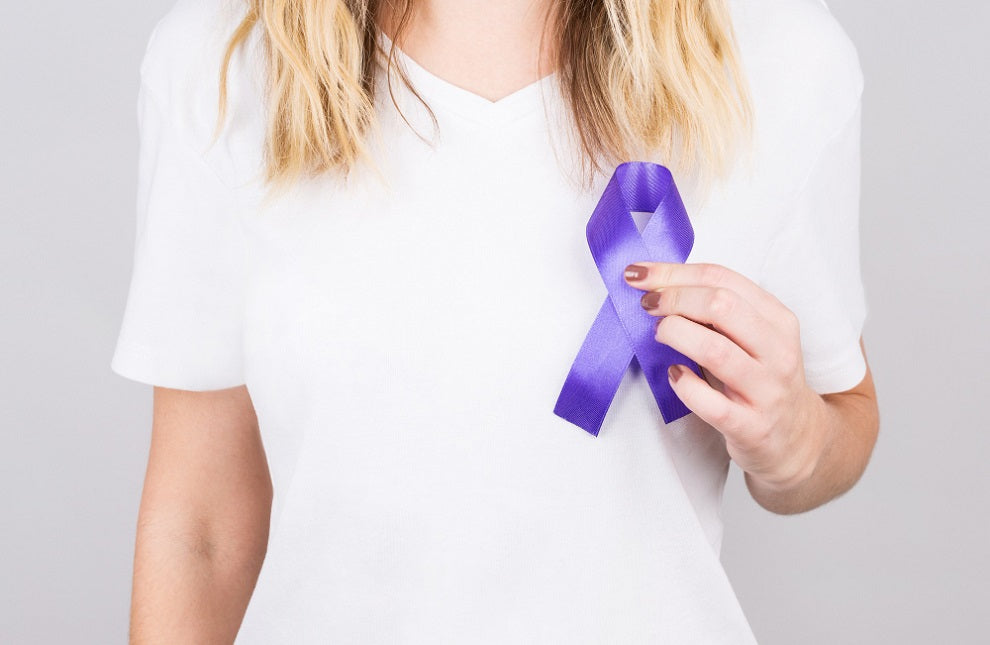
Cure for Crohn's Disease

How is Crohn's disease treated?
Doctors treat Crohn's disease with medicine, bowel rest, and surgery.
No single treatment works for all cases of Crohn's disease. Instead, treatment attempts to decrease intestinal inflammation, prevent flare-ups of symptoms, and keep you in remission.
Medicines
Many people with Crohn's disease need medicine. However, the medication your doctor prescribes will depend on your symptoms.
Although no medicine can cure Crohn's disease, many medications can relieve symptoms.
Aminosalicylates. These medicines contain 5-aminosalicylic acid (5-ASA), which helps control inflammation. Doctors use aminosalicylates to treat people newly diagnosed with Crohn's disease who have mild symptoms.
Aminosalicylates include:
balsalazide
mesalamine
olsalazine
sulfasalazine
Some of the common side effects of aminosalicylates include:
diarrhea
Headaches
heartburn
nausea and vomiting
pain in the abdomen
Corticosteroids, also known as steroids, help reduce the activity of the immune system and decrease inflammation. Doctors prescribe corticosteroids for people with moderate to severe symptoms. Corticosteroids include:
budesonide
hydrocortisone
methylprednisolone
prednisone
Side effects of corticosteroids include:
acne
bone loss
high blood glucose
high blood pressure
increased chance of getting infections
mood swings
weight gain
In most cases, doctors do not prescribe corticosteroids for long-term use.
Immunomodulators. These medicines reduce the activity of the immune system, resulting in less inflammation in the digestive tract. Immunomodulators can take several weeks to 3 months to start having an effect.
Immunomodulators include:
6-mercaptopurine
azathioprine
cyclosporine
methotrexate
Doctors prescribe these medicines to help you go into remission or if you don't respond to other treatments. You may have the following side effects:
low white blood cell count, which can lead to a higher chance of infection
fatigue
nausea and vomiting
pancreatitis
Doctors usually don't prescribe cyclosporine unless you have a severe case of Crohn's disease due to serious side effects of the medicine. Talk to your doctor about the risks and benefits of cyclosporine.
Biological therapies. These medicines attack proteins made by the immune system. When these proteins are neutralized, inflammation in the intestines decreases. Biologic therapies work quickly to help you get into remission, especially if you don't respond to other medicines. Biologic therapies include:
adalimumab and adalimumab-atto
certolizumab
infliximab and infliximab-dyyb
natalizumab
ustekinumab
vedolizumab
Doctors usually give patients infliximab every 6 to 8 weeks in a hospital or outpatient setting. Side effects can include a toxic reaction to the medicine and an increased chance of getting infections, particularly tuberculosis.
Other medicines. Other medicines that doctors prescribe for symptoms or complications of Crohn's disease may include:
Acetaminophen for minor pain. You should avoid using ibuprofen, naproxen, and aspirin because these medicines can worsen symptoms.
Antibiotics to prevent or treat infections, such as abscesses and fistulas.
Loperamide helps slow or stop severe diarrhea. However, in most cases, people only take this medicine for short periods, as it can increase the chance of developing megacolon.
Bowel rest
If symptoms of Crohn's disease are severe, you may need to rest your bowel for a few days to several weeks. Bowel rest involves drinking only certain fluids or not eating or drinking at all. During bowel rest, your doctor may:
ask you to drink a liquid that contains nutrients
give you a liquid that contains nutrients through a feeding tube inserted into your stomach or small intestine
give you intravenous nutrition through a unique tube inserted into a vein in your arm
You may have to stay in a hospital, or you may be able to receive treatment at home. In most cases, the intestines heal during bowel rest.
Surgery
Even with medicine, many people need surgery for their Crohn's disease treatment. One study found that nearly 60 percent of people needed surgery within 20 years of having Crohn's disease.8 Even though surgery doesn't cure Crohn's disease, it can treat complications and improve symptoms. Doctors often recommend surgery to treat:
fistulas
life-threatening bleeding
intestinal obstructions
drug side effects that are a health risk
signs when medicines do not improve your health
Surgeons can do different types of operations to treat Crohn's disease.
For any surgery, you will receive general anesthesia NIH external link. You will likely be in the hospital 3 to 7 days after surgery. A full recovery can take 4 to 6 weeks.
Small bowel resection is surgery to remove or remove part of the small intestine. Your surgeon may need to remove that part of your intestine.
Laparoscopic: The surgeon makes small, half-inch (1.3 cm) incisions in the abdomen and inserts a laparoscope through them. The laparoscope is a thin tube with a small light and video camera on end. The camera sends a magnified image inside the body to a video monitor, giving the surgeon a detailed close-up view of the small intestine. The surgeon watches on the monitor as he inserts tools through the small incisions and removes the damaged or blocked section of the small intestine. Next, the surgeon will reconnect the ends of the intestine.
Open surgery: The surgeon makes an incision about 6 inches (15.2 cm) long in the abdomen. The surgeon locates the damaged or blocked section of the small intestine and removes or repairs it. Next, the surgeon will reconnect the ends of the intestine.






